
Tags: Amanda Vincent, British Columbia, Daniel Pauly, faculty, Kai Chan, Marine protected areas, Rashid Sumaila, sustainability
Signatories to the letter, sent to Hon. Catherine McKenna, Minister of Environment and Climate Change Canada, include IOF's Amanda Vincent, Daniel Pauly, Kai Chan, and Rashid Sumaila.
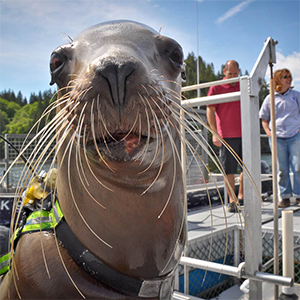
Tags: Andrew Trites, British Columbia, David Rosen, faculty, IOF students, Marine Mammal Research Unit, marine mammals, sea lions, seals
This year marks the ten-year anniversary of the MMRU Open Water Research Station, a floating laboratory at the centre of a ground-breaking scientific collaboration that has significantly advanced understanding of how nutritionally stressed Steller sea lions forage in the wild.
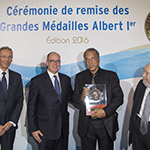
This prestigious prize is given to great names of the marine world by the Oceanographic Institute (Monaco). Dr. Pauly is a world-renowned leader in the fields of fish biology, fisheries science and biodiversity research.
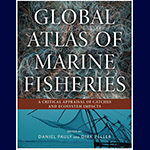
Tags: Daniel Pauly, Dirk Zeller, faculty, fisheries management, marine catches, Publications, Sea Around Us
The Global Atlas of Marine Fisheries, released by IOF's Sea Around Us project, looks at global catches, country-by-country, and explores the consequences of this decline, food security, and the steps that can be taken to ease the situation.
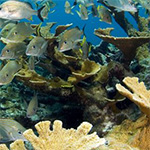
Andrés M. Cisneros-Montemayor, Nereus Program Manager & Research Associate weighs in on Mexico's 2017 budget release.
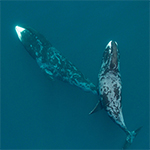
Tags: Andrew Trites, Arctic, bowhead whales, cetaceans, faculty, IOF students, Marine Mammal Research Unit, marine mammals, whales
Research team, including UBC zoology PhD candidate Sarah Fortune, undertook what is believed to be the first intensive effort to study bowhead whales with the use of an aerial drone in the Eastern Canadian Arctic.
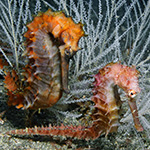
New Fisheries Centre Research Report takes in-depth look the route taken by eight seahorse species as they travelled through the Convention on International Trade in Endangered Species of Wild Fauna and Flora (CITES)’s Review of Significant Trade (RST) process.
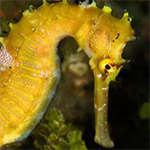
Project Seahorse is applauding Thailand’s decision to end seahorse exports until it can trade in a sustainable manner, without damaging their wild populations.
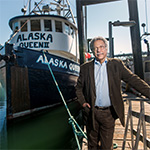
The University Killam Professor is the highest honour UBC can bestow on a faculty member. Dr. Daniel Pauly is an internationally celebrated fisheries scientist, professor in UBC’s Institute for the Oceans and Fisheries, and currently the Principal Investigator of the Sea Around Us Project.
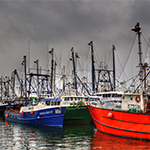
Tags: climate change, faculty, food security, IOF postdoctoral fellows, Nereus Program, OceanCanada, Rashid Sumaila, William Cheung
Global fisheries stand to lose approximately $10 billion of their annual revenue by 2050 if climate change continues unchecked